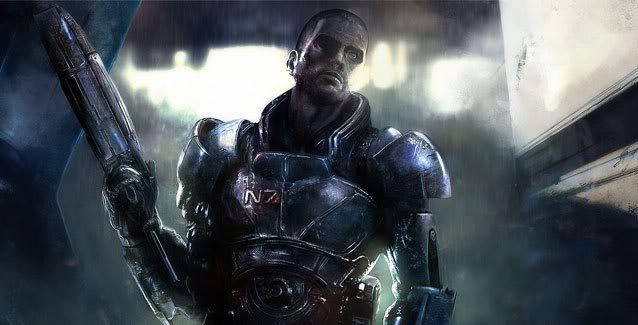This post has not been edited by the GamesBeat staff. Opinions by GamesBeat community writers do not necessarily reflect those of the staff.

“Video games give us the ability to control and do something which we would never be able to do in real life. The majority of us have little control over our lives; this is just the way the world works, so having the power, for once, to be something different and to have some power over what happens is one of the reasons why so many people around the world play video games.” – Joshua Temblett, Editor-in-Chief of Candlelight-Studios.com.
Imagine, if you do not, that you hold the view just described. You spend your youth going to school, possibly your young adulthood in college, and eventually the rest of your life working. You expend the vast majority of your energy and creativity first learning and then putting to use what you have learned in order to make a living.
Countless long days are capped by your staggering through the front door, listlessly powering on your console or computer, and trying to forget your fraudulent and incomprehensible life.
For a person who indulges in this kind of abdication of responsibility, the only value — if it can be called that — a game can provide is reminding them what they don't have. One must hold gaming as consonant with one's own life, not opposed to it. It must represent a parallel track, a dramatization of what one actually experiences in real life, not a clashing perpendicular force assaulting the player with a view of the impossible.
Video games are only fun insofar as their proper place is respected. They must be subordinate to a higher goal, which is properly one's career. This is why, if you possess a healthy psychology, playing video games endlessly with no thought of productive work becomes empty and boring.
The reason for this boredom is your growing disconnection with the protagonist or heroes of the game. When you can no longer evade the fact that you've been unsuccessful in real life, it becomes harder to admire a character who is achieving his goals in his fictional reality.
Video games, like art, provide what Ayn Rand called “emotional fuel.” This presupposes a “vehicle” — but not one that is forever parked at a gas station, endlessly filling up with fuel that it will never use. When a person isn't doing anything that requires emotional fuel, he no longer experiences vicarious thrills via his avatar and its companions.
Someone who does nothing but play video games cannot possibly identify with heroes like Solid Snake or Master Chief. These characters fight for success and pursue their values. Those who can't imagine success, or don't think it's possible, identify more with anti-heroes, who represent the downtrodden, flawed, and beaten.
A man who believes his successes and failures are sheer chance does not want and cannot get the enjoyment that comes to the man who knows his life is the same as Master Chief's in principle. He knows that just as Master Chief can defeat the Covenant and the Flood, he can ace his exam or design a stellar project at the office.
So long as video games are viewed as escapes, they will never reach their potential. To fully appreciate them, a man has to see them as reflections of his own real-world pursuits.
(Republished from TheGameSaver)
